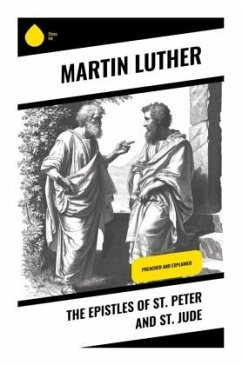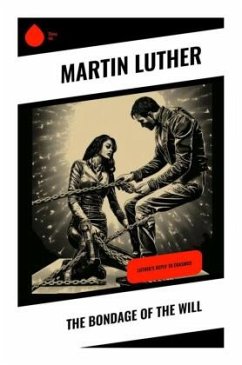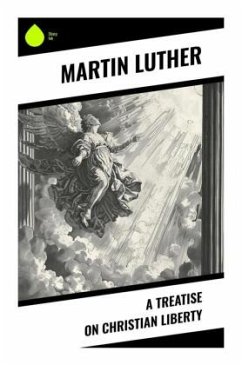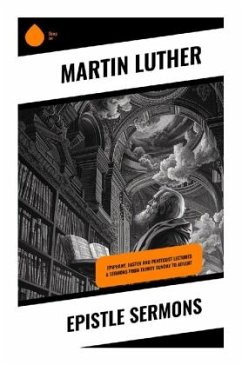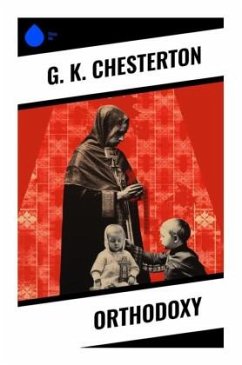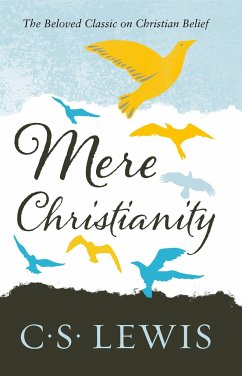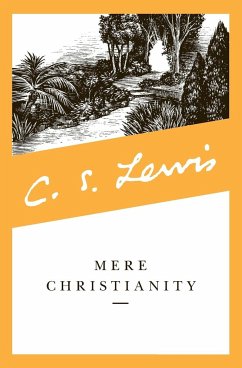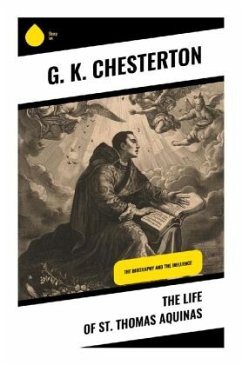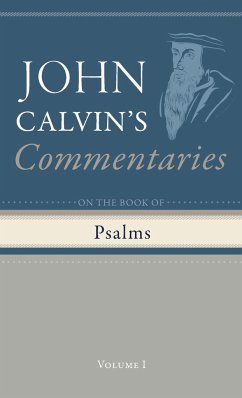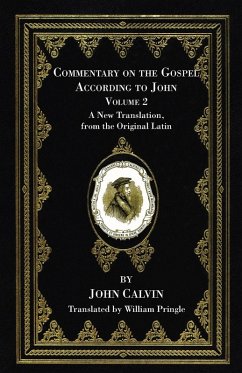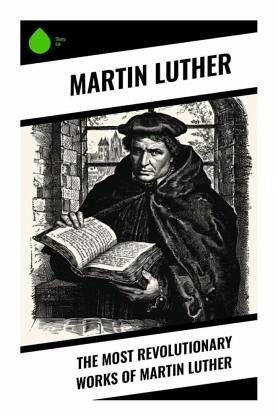
The Most Revolutionary Works of Martin Luther

PAYBACK Punkte
0 °P sammeln!
In "The Most Revolutionary Works of Martin Luther," readers encounter the pivotal writings that catalyzed the Reformation and forever altered the landscape of Christianity. Luther's use of vernacular language juxtaposed with theological depth invites a profound engagement with topics such as faith, grace, and the nature of authority within the church. His polemical essays and bold treatises, particularly the Ninety-Five Theses, serve not only as a critique of ecclesiastical corruption but also as a clarion call for personal and institutional reform. The text stands as a testament to the power ...
In "The Most Revolutionary Works of Martin Luther," readers encounter the pivotal writings that catalyzed the Reformation and forever altered the landscape of Christianity. Luther's use of vernacular language juxtaposed with theological depth invites a profound engagement with topics such as faith, grace, and the nature of authority within the church. His polemical essays and bold treatises, particularly the Ninety-Five Theses, serve not only as a critique of ecclesiastical corruption but also as a clarion call for personal and institutional reform. The text stands as a testament to the power of ideas against dogmatic traditions, skillfully merging theology with rhetoric to incite change. Martin Luther (1483-1546) emerged from a background of rigorous education and traditional religious devotion. As a monk, his existential struggles with sin and salvation led him to question the Church's practices, notably the sale of indulgences. His journey of intellectual and spiritual transformation is deeply embedded in these texts, reflecting his unwavering commitment to biblical authority and individual conscience. Luther's radical thoughts on scripture and the believer's relationship with God drew from both scholarly inquiry and lived experience. This anthology is essential for anyone seeking to understand the origins of modern Protestant thought and the enduring impact of Luther's ideas. It invites scholars, students, and curious readers alike to explore the vibrant intersection of faith and scholarship, urging them to reflect on the revolutionary implications of Luther's writings in today's religious landscape.




